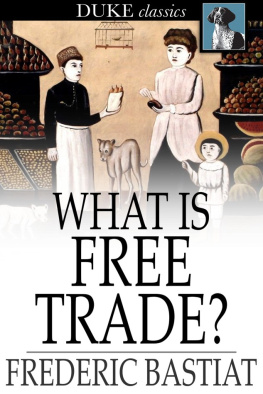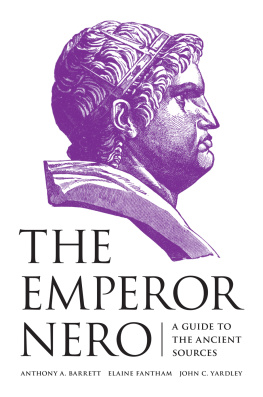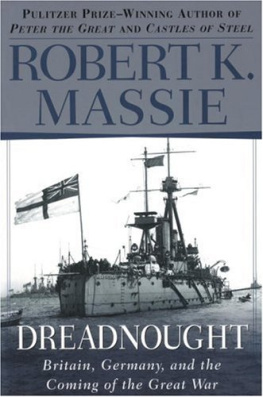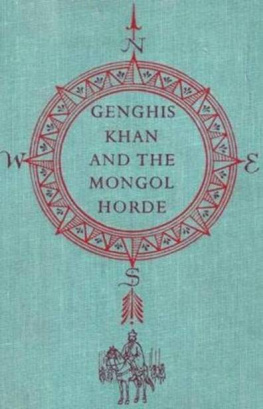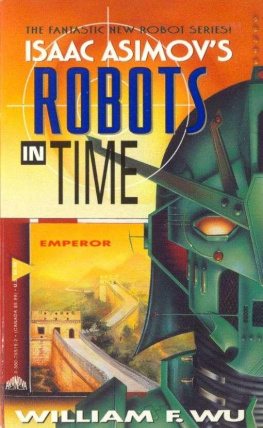CHAPTER I.THE SUPREMACY OF THE HOHENZOLLERNS.
I n June of 1888, an army of workmen were toiling in the Champ de Mars upon the foundations of a noble Worlds Exhibition, planned to celebrate the centenary of the death by violence of the Divine Right of Kings. Four thousand miles westward, in the city of Chicago, some seven hundred delegates were assembled in National Convention, to select the twenty-third President of a great Republic, which also stood upon the threshold of its hundredth birthday. These were both suggestive facts, full of hopeful and inspiring thoughts to the serious mind. Considered together by themselves they seemed very eloquent proofs of the progress which Liberty, Enlightenment, the Rights of Man, and other admirable abstractions spelled with capital letters, had made during the century.
But, unfortunately or otherwise, history will not take them by themselves. That same June of 1888 witnessed a spectacle of quite another sort in a third large citya spectacle which gave the lie direct to everything that Paris and Chicago seemed to say. This sharp and clamorous note of contradiction came from Berlin, where a helmeted and crimson-cloaked young man, still in his thirtieth year, stood erect on a throne, surrounded by the bowing forms of twenty ruling sovereigns, and proclaimed, with the harsh, peremptory voice of a drill-sergeant, that he was a War Lord, a Mailed Hand of Providence, and a sovereign specially conceived, created, and invested with power by God, for the personal government of some fifty millions of people.
It is much to be feared that, in the ears of the muse of history, the resounding shrillness of this voice drowned alike the noise of the hammers on the banks of the Seine and the cheering of the delegates at Chicago.
Any man, standing on that throne in the White Saloon of the old Schloss at Berlin, would have to be a good deal considered by his fellow-creatures. Even if we put aside the tremendous international importance of the position of a German Emperor, in that gravely open question of peace or war, he must compel attention as the visible embodiment of a fact, the existence of which those who like it least must still recognize. This is the fact: that the Hohenzollerns, having done many notable things in other times, have in our day revivified and popularized the monarchical idea, not only in Germany, but to a considerable extent elsewhere throughout Europe. It is too much to say, perhaps, that they have made it beloved in any quarter which was hostile before. But they have brought it to the front under new conditions, and secured for it admiring notice as the mainspring of a most efficient, exact, vigorous, and competent system of government. They have made an Empire with ita magnificent modern machine, in which army and civil service and subsidiary federal administrations all move together like the wheels of a watch. Under the impulse of this idea they have not only brought governmental order out of the old-time chaos of German divisions and dissensions, but they have given their subjects a public service, which, taken all in all, is more effective and well-ordered than its equivalent produced by popular institutions in America, France, or England, and they have built up a fighting force for the protection of German frontiers which is at once the marvel and the terror of Europe.
Thus they have, as has been said, rescued the ancient and time-worn function of kingship from the contempt and odium into which it had fallen during the first half of the century, and rendered it once more respectable in the eyes of a utilitarian world.
But it is not enough to be useful, diligent, and capable. If it were, the Orleans Princes might still be living in the Tuileries. A kingly race, to maintain or increase its strength, must appeal to the national imagination. The Hohenzollerns have been able to do this. The Prussian imagination is largely made up of appetite, and their Kings, however fatuous and limited of vision they may have been in other matters, have never lost sight of this fact. If we include the Great Elector, there have been ten of these Kings, and of the ten eight have made Prussia bigger than they found her. Sometimes the gain has been clutched out of the smoke and flame of battle; sometimes it has more closely resembled burglary, or bank embezzlement on a large scale; once or twice it has come in the form of gifts from interested neighbours, in which category, perhaps, the cession of Heligoland may be placedbut gain of some sort there has always been, save only in the reign of Frederic William IV and the melancholy three months of Frederic III.
That there should be a great affection for and pride in the Hohenzollerns in Prussia was natural enough. They typified the strength of beak, the power of talons and sweeping wings, which had made Prussia what she was. But nothing save a very remarkable train of surprising events could have brought the rest of Germany to share this affection and pride.
The truth is, of course, that up to 1866 most other Germans disliked the Prussians thoroughly and vehemently, and decorated those head Prussians, the Hohenzollerns, with an extremity of antipathy. That brief war in Bohemia, with the consequent annexation of Hanover, Hesse-Cassel, Nassau, and Frankfort, did not inspire any new love for the Prussians anywhere, we may be sure, but it did open the eyes of other Germans to the fact that their sovereignsKings, Electors, Grand Dukes, and what notwere all collectively not worth the right arm of a single Hohenzollern.
It was a good deal to learn even thisand, turning over this revelation in their minds, the Germans by 1871 were in a mood to move almost abreast of Prussia in the apotheosis of the victor of Sedan and Paris. To the end of old Williams life in 1888, there was always more or less of the apotheosis about the Germans attitude toward him. He was never quite real to them in the sense that Leopold is real in Brussels or Humbert in Rome. The German imagination always saw him as he is portrayed in the fine fresco by Wislicenus in the ancient imperial palace at Goslara majestic figure, clad in modern war trappings yet of mythical aspect, surrounded, it is true, by the effigies of recognizable living Kings, Queens, and Generals, but escorted also by heroic ancestral shades, as he rides forward out of the canvas. Close behind him rides his son, Fritz, and he, too, following in the immediate shadow of his father to the last, lives only now in pictures and in sad musing dreams of what might have been.
But William IIthe young Kaiser and Kingis a reality. He has won no battles. No antique legends wreathe their romantic mists about him. It has occurred to no artist to paint him on a palace wall, with the mailed shadows of mediaeval Barbarossas and Conrads and Sigismunds overhead.
The group of helmeted warriors who cluster about those two mounted figures in the Goslar picture, and who, in the popular fancy, bring down to our own time some of the attributes of mediaeval devotion and prowessthis group is dispersed now. Moltke, Prince Frederic Charles, Roon, Manteuffel, and many others are dead; Blumenthal is in dignified retirement; Bismarck is at Friedrichsruh. New men crowd the sceneclever organizers, bright and adroit parliamentarians, competent administrators, but still fashioned quite of our own claybusy new men whom we may look at without hurting our eyes.





